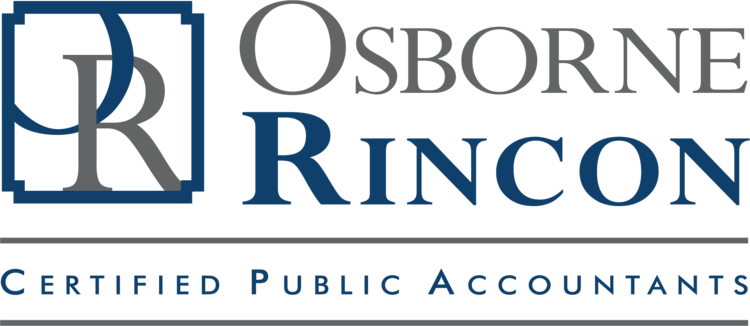By: Robert Hendrix, CPA, MBA, Audit Manager
Is fraud occurring in your company or organization? Unfortunately most companies don’t find out until a major event has occurred. Let me say it this way, fraud WILL occur in your company if you don’t take measures to mitigate it. I would like to say that this statement is hyperbole, but the fraud numbers don’t lie.
The Association of Certified Fraud Examiners report that US Businesses will lose an average of 5% of their gross revenues from fraud, of which the median loss is $180k in small companies (businessfraudprevention.org). It comes to no surprise that small business is the most vulnerable to fraud. Small businesses have small accounting departments, with many relying on one person for all financial functions of their business.
This doesn’t mean that organizations are helpless against fraud. Organizations with proper culture and the correct financial policies and procedures will find ways to mitigate fraud in their organization.
- Corporate Culture - Setting a culture of integrity and transparency from management will set the tone of the company. Employees need to see that un-ethical behavior has consequences and is not tolerated in the organization and that employees that do things the “right way” are rewarded. This does not occur unless everyone knows what is right and wrong. It seems silly to have to define this, but having a code of conduct for your organization is a good way to make sure that there are no gray lines when it comes to behavior.
- Internal Controls – In creating internal controls, small business owners establish procedures their employees must follow. Business owners inform their employees of these procedures and expect that they follow them as they perform their day-to-day work duties. These established protocols help bring order and cohesiveness to the company and create separation of duties so that one person cannot create a fraud without it being noticed by another employee.
- Being Accountable – The best companies make sure that their employees have the tools and freedom to do their job, but know that someone is reviewing. Accountability matters because not having it means no one can be held responsible. Employees need to understand what you expect of them, and that you’re holding yourself to the same high standard.
- Third Party Review – having your independent CPA firm review your organization by doing a risk assessment of your company can tighten your controls and make you aware of potential issues.
For more information call Osborne Rincon CPAs at 760-777-9805 or www.OsborneRincon.com
